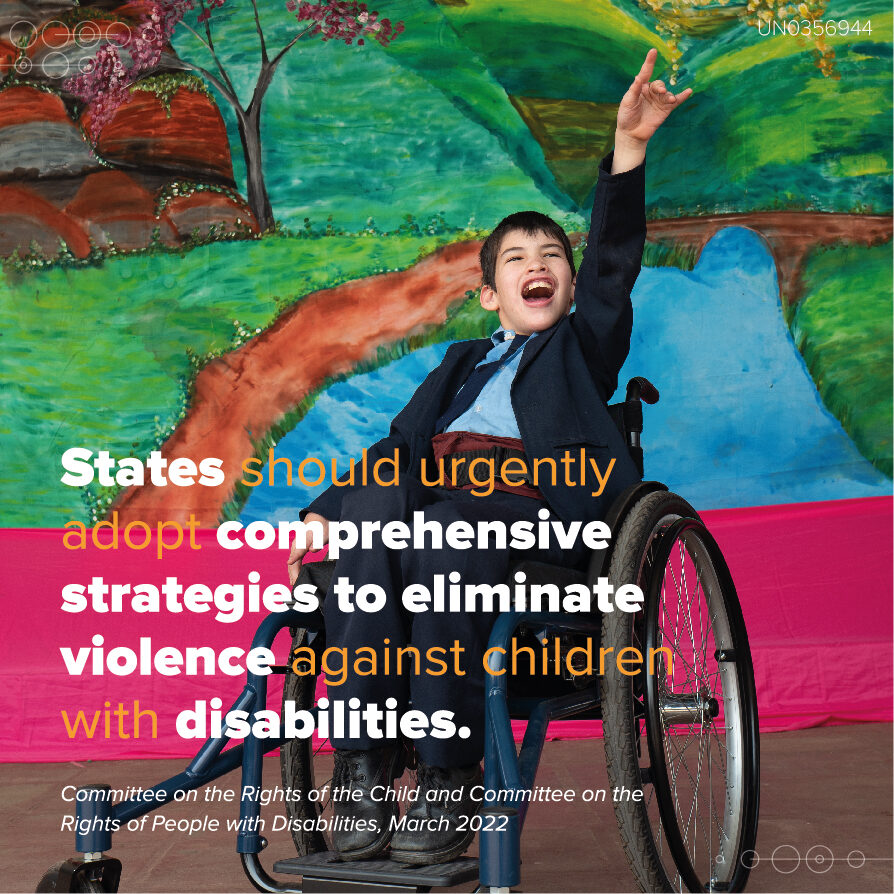Progress towards ending corporal punishment in 2022
Despite being a year of many challenges, 2022 has seen significant progress in ending corporal punishment around the world. Zambia and Mauritius enacted prohibition in all settings of children’s lives, providing nearly 10 million more children with legal protection from violent punishment, sending a clear message that no level of violence in child raising can be accepted.
Cuba banned corporal punishment in the home and alternative care - a major step forward in the rights and protection of it's 2.2 million children - with express prohibition in schools and childcare only remaining to be completed. Kenya confirmed full prohibition of corporal punishment in new legislation, and Islamabad Capital Territory Pakistan banned violent punishment in schools.
We are also aware of serious legislative opportunities in Somalia, Canada, Dominican Republic, Philippines, Switzerland and Jamaica, and hope to bring you more news of progress in 2023.
2022 has also seen advances in the implementation of laws that prohibit corporal punishment. Both Wales and Colombia developed world class programmes to eliminate violent punishment of children.
Several major campaigns have amplified the need to end corporal punishment. The European Union Child Rights Strategy called for prohibition of all corporal punishment of children, and the Day of the African Child 2022 provided opportunities to press for accelerated progress. The Committees on the Rights of the Child and the Rights of Persons with Disabilities called for states to adopt comprehensive measures to address violence against children with disabilities, including corporal punishment.
A new multi-dimensional campaign to end corporal punishment took off in Australia, and we worked with Human Rights Watch to launch a new USA Child Rights Scorecard. Throughout 2022 organisations and individuals in Cameroon, Sri Lanka, Canada, Philippines, France, Jamaica, Laos, Switzerland, Thailand, Cambodia, Kenya, Georgia, Pakistan, South Africa, the United States, India and many other countries carried out tireless and inspirational campaigns to end violent punishment of children.
In 2022 we published our Implementation Guidance in nine languages, with Croatian expected in 2023. We also added a new thematic page on health to our website, and translations of our research summaries in French and Spanish. We updated over 80 of our country reports and made at least 40 submissions to UN human rights examinations.
The year also saw significant advances in research. Academics reported that if 'spanking' were eliminated, physical abuse of children worldwide could be reduced by up to 33%, found that experience of corporal punishment at age 7 doubled the likelihood of perpetrating or suffering dating violence at 17 years and iIluminated the neural pathways between violent punishment and depression and anxiety in adolescents.
It has been a busy year, with encouraging signs of growing understanding in many places that violence has no place in raising children. Apologies for all the important developments we may have missed. We are always grateful for your help in keeping up with the latest news.
Thank you for your partnership throughout 2022. We look forward to working together to #EndCorporalPunishment in 2023!
With best wishes,
Bess Herbert, Advocacy Specialist - Corporal Punishment
Sonia Vohito, Legal Policy Specialist – Corporal Punishment


